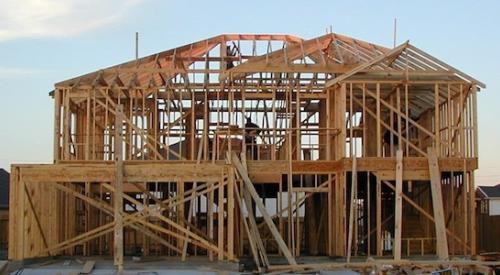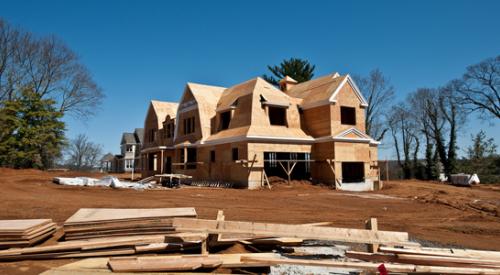You can’t fight City Hall. At least, that’s what the proverbial ‘they’ would have you believe, and it is a lesson that many builders around the country are beginning to learn for themselves. At least part of the blame for the lack of entry-level homes being built falls squarely on the bureaucratic shoulders of municipalities nationwide.
As the Wall Street Journal reports, a new report from housing research firm Zelman & Associates says the main culprit hindering the construction of new starter homes is impact fees that builders have to pay municipalities when they get permits for new construction. The fees collected are used to fund local infrastructure such as schools, transportation, environmental mitigation, and utilities. After the downturn and while builders were cutting prices, these impact fees were boosted by cities in an effort to make up for lost revenue.
These impact fees aren’t the only issues builders have been dealing with recently, as the cost of labor, land, and materials continues to rise, but when it comes to entry-level construction, the impact fees are public enemy number one. Building entry-level homes already forces builders to work with tighter margins, so they can’t just pass the fees off to buyers like they can when building homes in the luxury market.
According to the Zelman survey, which surveyed hundreds of builders across 37 metro areas, the average impact fee has risen 45 percent since 2005 and is now around $21,000. In more expensive areas like San Francisco, fees can be as high as $72,000.
What happens with entry-level homes when these impact fees are added on top of the other costs of construction (such as raw land cost, land development costs, direct construction costs, and overhead and selling costs) is that the profit is essentially completely erased, leaving no incentive to even build the home.
A possible solution might be for builders to focus on building higher density projects that can ease the sting of impact fees a little bit, but the problem is once again thrust upon the shoulders of City Hall. Municipalities are unwilling to budge on density.













